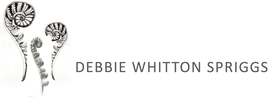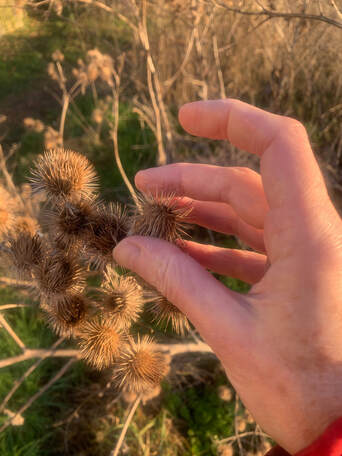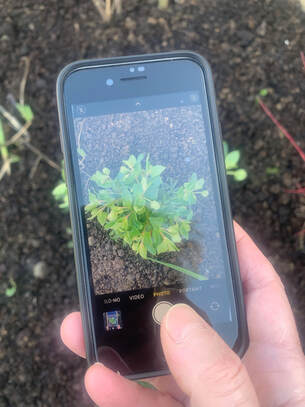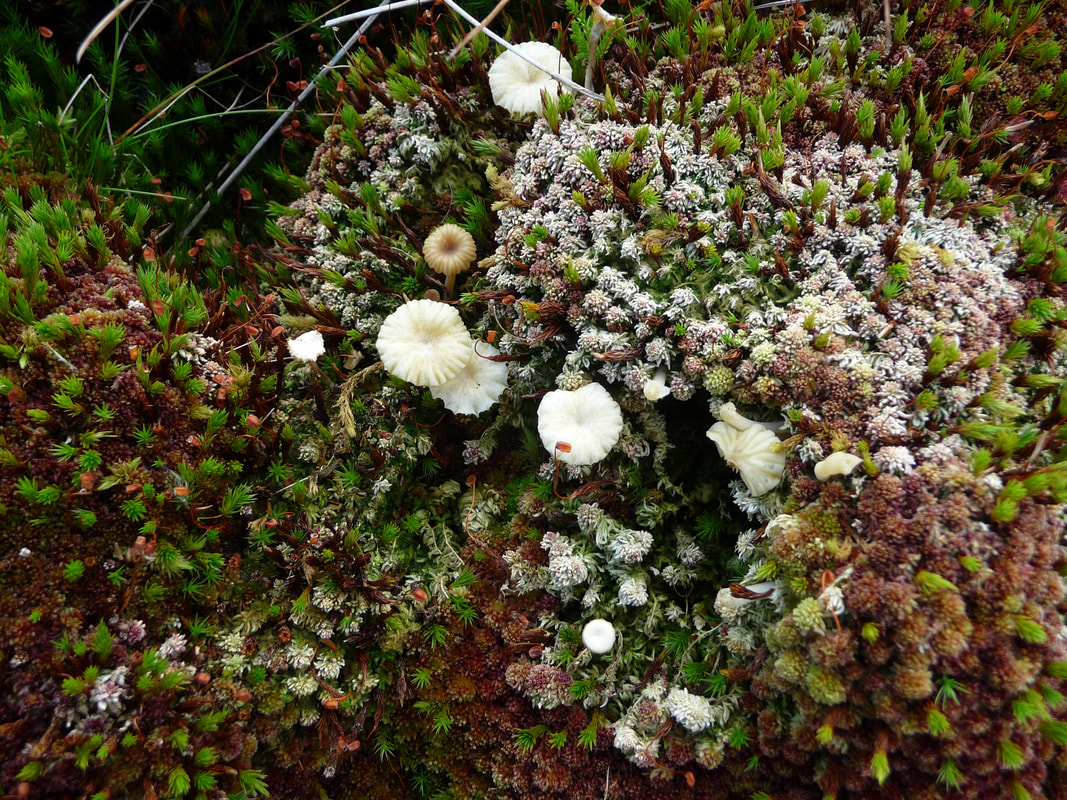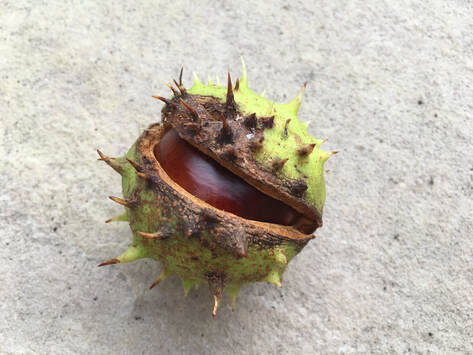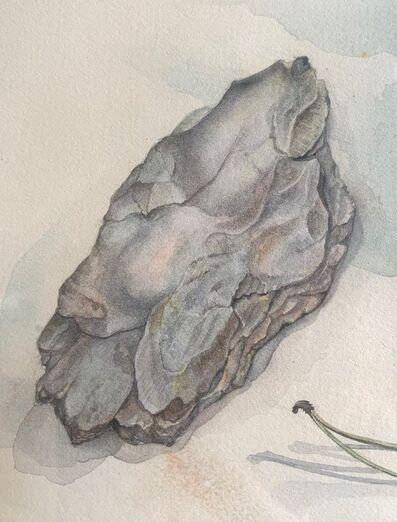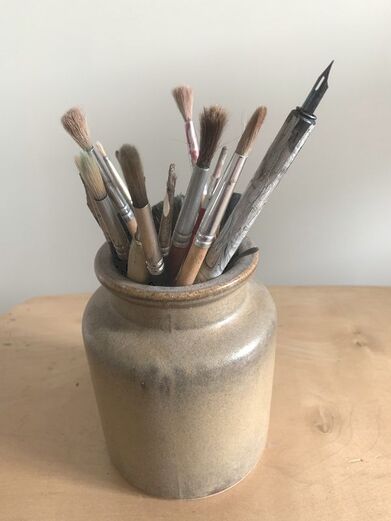Welcome
|
Thank you for dropping in. I'm Debbie Whitton Spriggs and I'm interested in exploring how we can develop a deeper, more tact-ful relationship with the created world.
I offer retreats in nature: opportunties to connect with the created world – and through that, with ourselves and the Creator. Although I am working from within my own Christian experience, I make no assumption about the faith or experience of others, and the retreats are offered for people of all faiths or none. I hope you enjoy looking around, and would love to hear any thoughts you may have. 
|
MORE
Life at a distance
Life in the twenty-first century is toxic. Many of us, I think, feel overwhelmed. I certainly do. Through technology, we've put distance between ourselves and the world. We are creatures of the earth, and when we distance ourselves from it we are like the proverbial fish out of water.
The way we insert our phone screens between us and the view seems terribly symptomatic. I’m not anti-technology: I am of course using some very sophisticated kit right now! But I do think that our way of life – with all of its buttons and screens, its increasing automation, its instant results and easy rewards – has inculcated habits and ways of being that are interfering with human flourishing. |
“What you encounter, recognise or discover depends on the quality of your approach."
|
“Everything that is in the heavens, on earth, and under the earth is penetrated with connectedness, penetrated with relatedness.”
|
Encountering nature, ourselves, and God Plenty has been said about the healing power of nature, and more and more research evidence points to its necessity for our wellbeing. We all know that rising-spirit feeling when we take the time for a walk in the woods. And many of us will say that the times we have felt closest to God, or perhaps to a sense of the transcendent, have been by the sea or in the mountains.
By literally re-grounding ourselves, we can begin to retune to the world of which we are an integral part. It may not be instant. It’s not a reset. (As if any human being could ever be ‘reset’.) And what we experience in nature isn’t all inspiring trees and reflections on the water. It can be startling, dark, morbid, grisly … or just muddy and a bit chilly. But slowly, imperceptibly, through being open to all its rhythms and seasons we absorb its wisdom. This isn't merely 'self-care'. It's much, much bigger than that. As we allow the created world to soften our souls, so our love and compassion is deepened. Attention leads to knowledge; knowledge leads to love. And love of our planet and all that dwells on and in it – that’s what the planet needs. |
Not escape, but inscape
What if it's all there? What if the story of what is and what it means is all there in the created world?
The poet Gerald Manley Hopkins coined the word Inscape to refer to the way each created thing has a particularity and an essence that makes it distinct from all other things of the same kind – and that's where divinity is found. "The world is charged with the grandeur of God," he wrote. And so it is. I wonder, though, if we have become inured, and lost touch with this essence, like a mother tongue slipping from memory. But by simply taking ourselves back to this land, by being open, we can revive and reconnect. |
“To see a World in a Grain of Sand
|
Encountering nature through the arts
Art in all its forms – images, poetry, prose, drama, music – can play an important part in our encounters in nature.
If our experience of the world is mediated through what we read, hear and see, then art can be the lens that brings certain things into focus. Through the perceptive powers, imagination and skill of others, we see and hear with fresh eyes and ears. Equally, when we set out to draw or write or sculpt, all our senses become more fully engaged and we see, hear and feel in a different way. No matter how unskilled we may think we are, artistic practice becomes a wonderful means of exploration. And even the most modest artistic effort can be a satisfying response to the vitality of our experience. I believe that the creative and imaginative part of our being lies very close that part of us that is receptive to God. |
“I believe that the sight is a more important thing than the drawing; I would rather teach drawing that my pupils learn to love Nature, than teach the looking at nature that they may learn to draw."
|
“Having words for these forms makes the differences between them so much more obvious … Finding the words is another step in learning to see."
|
